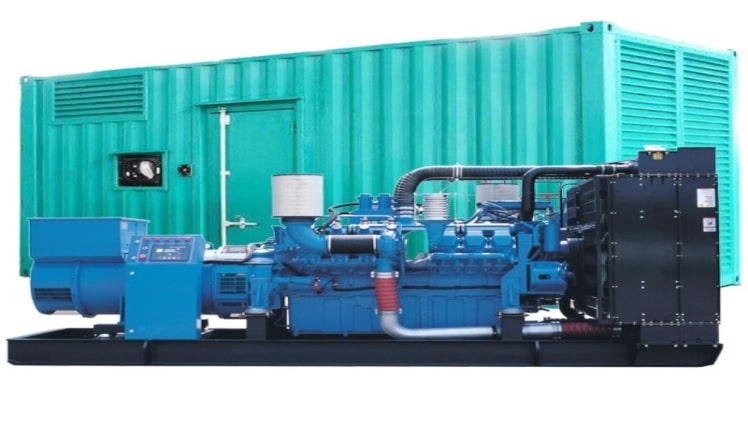The economic costs of a wide-scale power outage can climb into the millions or even billions of dollars, according to a study performed in 2020. In some cases, the knock-on effects on the economy can never become clear.
If you want to avoid losing your bottom line to an errant tree, you need to consider buying a generator. It never hurts to have it, even if you never end up needing it. Providing continuity of business activity during an outage can help you stand out from the competition, though.
You have a lot of things to consider when purchasing commercial generators, though. Do you know how powerful a generator your business needs? Do you know where you intend to store it?
We’ll go through some of the key points you should know before shopping for generator options.
Types of Commercial Generators
The two major types of generators each have roles to play in business power generation. Deciding between them requires you to look at your power needs.
Fixed or stationary generators hook into the building’s power system and provide power almost as quickly as an outage starts. Professionals sometimes refer to these as standby generators since they wait until they’re needed and require no effort from you to start. You can have power back in under a minute with a standby generator.
Portable generators operate like the ones you may have seen in residential settings. Rather than installing them permanently, you can move these generators to where they’re needed.
Most business applications benefit from a stationary natural gas generator. Portable generators can help some businesses, though, such as those which perform work at other sites which may not have power. They can also fit businesses that don’t have a lot of space to install a generator.
Generator Wattage
When selecting a generator, you need to know how much you need it to output. You wouldn’t use the same engine in a compact car as a semi-truck, and businesses work the same way.
Start by considering what you use it for. An office building primarily powering lights and desktop computers won’t have as large of a power draw as a major manufacturing facility. This will give you a sense of where to start looking.
Once you start narrowing down specifics, look for a utility bill that highlights your peak usage in the last year. Multiply that number by 1.25 and you’ll know roughly how much you really need. A dealer can provide more detailed information on your needs once you have this basic data.
Fuel
A generator uses fuel, such as propane or natural gas, to power your building. You’ll need to decide what type of fuel you can handle.
Diesel generators provide cheap, efficient power. A natural gas generator will work well if you already have a hookup. Propane stores well, but can get expensive.
Again, a dealer can help you sort through your options. Try not to get too attached to a single fuel type.
Playing with Power
Commercial generators buxic can provide continuity of operation during some of the tensest times a business can face. The initial investment can get expensive, but you’ll be happy you have it during the next bad thunderstorm.
Looking into other ways to protect your investments? Try taking a peek in our business section for more long-term planning advice.

